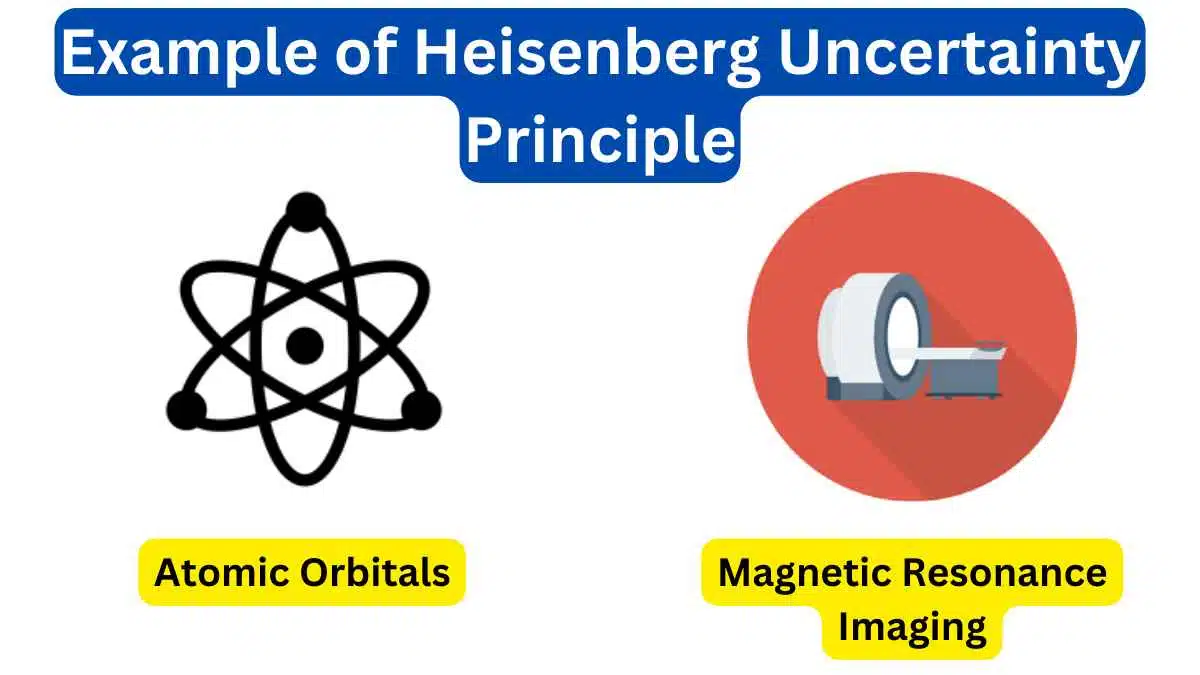10 Examples of Higgs Boson
The Higgs boson is a fundamental particle in the Standard Model of particle physics. Its discovery in 2012 at the Large Hadron Collider (LHC) marked a significant achievement in the field. Examples of Higgs bosons include Higgs field and mass mechanism.
Examples of Higgs Boson
Here are ten examples and aspects related to the Higgs boson.

1. Higgs Field
The Higgs boson is associated with the Higgs field, a field of energy that permeates all of space. Particles acquire mass by interacting with this field.
2. Mass Mechanism
The Higgs mechanism is the process by which particles gain mass through their interaction with the Higgs field. It explains why some particles have mass while others, like photons, are massless.
3. Theoretical Prediction
The existence of the Higgs boson was theoretically predicted by several physicists, including Peter Higgs, François Englert, and Robert Brout in the 1960s. Their work led to the development of the Higgs mechanism.
4. Higgs Boson and Dark Matter
Some theories suggest that the Higgs boson could indirectly influence dark matter interactions, making it relevant to cosmology.
5. Large Hadron Collider (LHC)
The LHC, located at CERN (the European Organization for Nuclear Research), is the world’s largest and most powerful particle accelerator. It was built to discover and study the Higgs boson.
6. Production at the LHC
The Higgs boson is produced in high-energy proton-proton collisions at the LHC. It is extremely short-lived and decays almost immediately after its creation.
7. Decay Modes
The Higgs boson can decay into various particles, including W and Z bosons, photons, and fermions (such as electrons and quarks). The study of these decay modes helps confirm its existence.
8. Mass of the Higgs Boson
The Higgs boson has a mass of approximately 125 giga-electronvolts (GeV/c^2), making it much heavier than most other fundamental particles.
9. Higgs Boson as a Missing Puzzle Piece
The discovery of the Higgs boson completed the Standard Model of particle physics, which describes the fundamental particles and their interactions.
10. Cosmic Significance
The Higgs field and the Higgs boson are thought to have played a crucial role in the early moments of the universe after the Big Bang, influencing the formation of particles and the structure of the cosmos.







Leave a Reply